Who was Anna Freud?
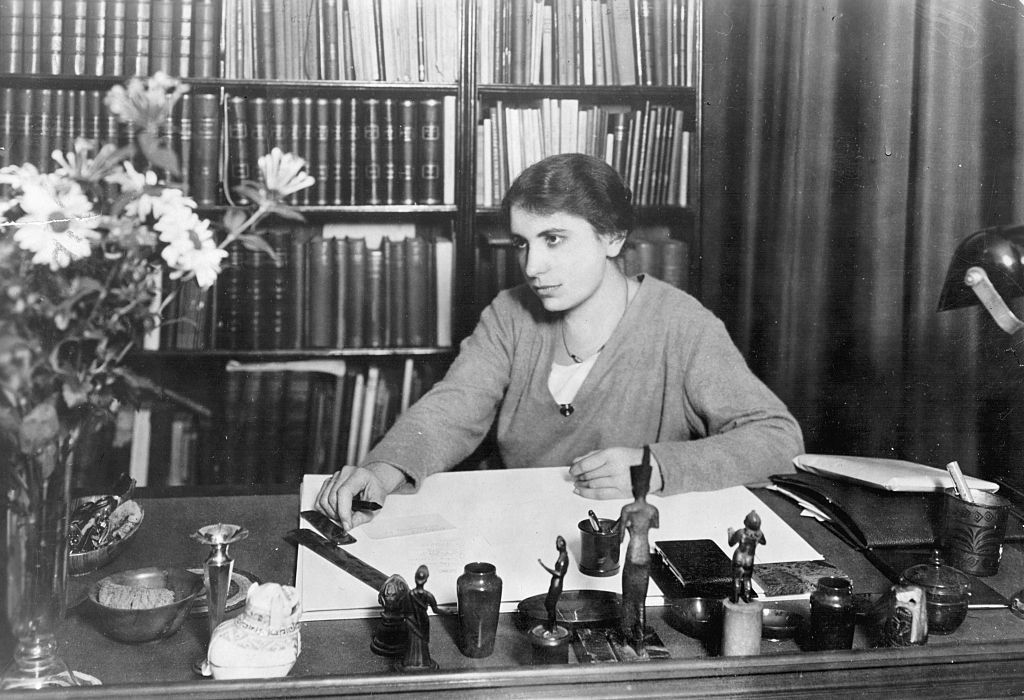
Anna Freud (1895-1982) was an Austrian-British psychoanalyst and a pioneer in the field of child psychoanalysis. As the youngest daughter of Sigmund Freud, the founder of psychoanalysis, Anna Freud was immersed in the world of psychoanalytic thought from an early age. She made significant contributions to psychoanalytic theory and practice, particularly in the areas of child development, ego psychology, and defense mechanisms. Her work had a profound impact on the understanding and treatment of children’s mental health and laid the foundation for modern child psychotherapy.
1. Early Life and Education
1.1. Childhood and Family Background
Anna Freud was born on December 3, 1895, in Vienna, Austria. She was the youngest of six children born to Sigmund Freud and his wife, Martha Bernays. Growing up in a household steeped in psychoanalytic thought, Anna was exposed to her father’s ideas and the intellectual discussions that took place among his colleagues and students.
Despite her early exposure to psychoanalysis, Anna’s childhood was not without challenges. She had a difficult relationship with her mother and struggled with feelings of inadequacy and sibling rivalry, particularly with her older sister, Sophie. These early experiences would later influence her own psychoanalytic theories and her interest in child development.
1.2. Education and Early Career
Anna Freud received her early education at home before attending a private school in Vienna. She excelled academically and showed a particular aptitude for languages, becoming fluent in English, French, and Italian. In 1912, she began training as a teacher and worked at her alma mater, the Cottage Lyceum in Vienna, for several years.
During this time, Anna became increasingly interested in her father’s work and began attending his lectures and discussions. In 1918, she underwent psychoanalysis with her father, a controversial decision that was met with criticism from some of his colleagues. This analysis lasted until 1922 and had a profound impact on Anna’s personal and professional development.
2. Contributions to Psychoanalysis
2.1. Child Psychoanalysis
Anna Freud is best known for her pioneering work in child psychoanalysis. In 1927, she published her first book, Introduction to the Technique of Child Analysis, which outlined her approach to working with children in psychoanalysis. This work challenged the prevailing view that children were not suitable candidates for psychoanalysis and laid the foundation for the development of child psychotherapy.
Anna emphasized the importance of understanding children’s developmental stages and adapting psychoanalytic techniques to their unique needs and capacities. She argued that children express their unconscious conflicts and desires through play and that the analyst’s role is to interpret and understand the symbolic meaning of these play activities.
In her work with children, Anna also developed the concept of developmental lines, which refer to the various domains of psychological development, such as cognitive, emotional, and social development. She emphasized the importance of understanding how these developmental lines interact and influence each other in shaping a child’s personality and mental health.
2.2. Ego Psychology and Defense Mechanisms
Another significant contribution of Anna Freud was her work in ego psychology, which focuses on the role of the ego in mediating between the demands of the id, the superego, and reality. She expanded upon her father’s ideas about the ego and its functions, particularly in relation to defense mechanisms.
In her book The Ego and the Mechanisms of Defense (1936), Anna identified and described ten defense mechanisms that the ego uses to protect itself from anxiety and psychological distress. These include repression, denial, projection, displacement, and sublimation, among others. She argued that while defense mechanisms are a normal and necessary part of psychological functioning, overreliance on certain defenses can lead to psychopathology.
Anna’s work on defense mechanisms had a significant impact on psychoanalytic theory and practice, and her ideas continue to influence contemporary understanding of psychological defenses and their role in mental health and illness.
2.3. The Hampstead War Nurseries and Beyond
During World War II, Anna Freud played a critical role in establishing the Hampstead War Nurseries in London, which provided care and support for children who had been evacuated from their homes due to the war. In these nurseries, Anna and her colleagues applied psychoanalytic principles to the care and treatment of children who had experienced trauma and loss.
The work in the Hampstead War Nurseries led to important insights into the impact of early childhood experiences on development and mental health. Anna and her colleagues observed that children who had experienced separation from their parents and other traumatic events often exhibited behavioral and emotional difficulties, such as aggression, anxiety, and withdrawal.
These observations informed Anna’s later work on the concept of “identification with the aggressor,” which refers to the process by which children may internalize and identify with the aggressive or threatening aspects of their environment as a way of coping with trauma and anxiety. This concept has had important implications for understanding the long-term effects of child abuse, neglect, and other adverse experiences.
3. Legacy and Impact
3.1. The Hampstead Child Therapy Course and Clinic
In 1952, Anna Freud founded the Hampstead Child Therapy Course and Clinic in London, which became a leading center for the training of child psychotherapists and the treatment of children with emotional and behavioral difficulties. The clinic’s approach was based on Anna’s theoretical and clinical work, and it emphasized the importance of understanding children’s developmental needs and adapting psychoanalytic techniques to their unique capacities.
The Hampstead Clinic became a model for child psychotherapy training and practice around the world, and it helped to establish child psychoanalysis as a legitimate and respected field of study. Many of the clinic’s graduates went on to become leading figures in child psychotherapy and psychoanalysis, and they continued to develop and expand upon Anna’s ideas and methods.
3.2. Influence on Developmental Psychology and Beyond
Anna Freud’s work had a profound impact on the field of developmental psychology and beyond. Her emphasis on the importance of early childhood experiences in shaping personality and mental health helped to shift the focus of psychological research and practice towards the study of child development and the prevention of mental illness.
Anna’s concepts of developmental lines, defense mechanisms, and identification with the aggressor have been widely influential in psychology, social work, and other related fields. Her work has informed the development of attachment theory, which emphasizes the critical role of early caregiving relationships in shaping emotional and social development.
In addition to her theoretical contributions, Anna Freud was also a tireless advocate for children’s rights and welfare. She worked to promote the importance of early childhood education and care, and she argued for the need to protect children from abuse, neglect, and other forms of adversity. Her advocacy helped to raise public awareness about the importance of children’s mental health and well-being, and it contributed to the development of policies and programs aimed at supporting and protecting children and families.
3.3. Continuing Relevance in the 21st Century
More than three decades after her death, Anna Freud’s work continues to be highly relevant and influential in the fields of child psychology, psychoanalysis, and beyond. Her ideas about child development, defense mechanisms, and the impact of early experiences on mental health have stood the test of time and continue to inform contemporary research and practice.
In recent years, there has been a growing recognition of the importance of early childhood mental health and the need for evidence-based interventions to support children and families. Anna Freud’s work provides a foundation for understanding the complex interplay of biological, psychological, and social factors that shape child development and mental health, and it offers valuable insights into the types of interventions and supports that can promote healthy outcomes.
As the field of child psychology continues to evolve and new challenges emerge, Anna Freud’s legacy serves as a reminder of the enduring importance of a developmental perspective and the need for a holistic, child-centered approach to understanding and promoting children’s well-being. Her work challenges us to view children not just as passive recipients of care and treatment, but as active agents in their own development, with unique capacities and needs that must be understood and respected.
4. Conclusion
Anna Freud’s contributions to the field of psychoanalysis and child psychology cannot be overstated. As a pioneer in child psychoanalysis, she challenged prevailing views about children’s mental health and development and laid the foundation for the modern field of child psychotherapy. Her work on ego psychology, defense mechanisms, and the impact of early experiences on development has had a lasting impact on our understanding of human behavior and mental health.
Beyond her theoretical and clinical contributions, Anna Freud was also a tireless advocate for children’s rights and welfare. Her work in the Hampstead War Nurseries and her efforts to promote early childhood education and care helped to raise public awareness about the importance of supporting and protecting children’s mental health and well-being.
As we reflect on the legacy of Anna Freud, we are reminded of the enduring importance of a developmental perspective in understanding and promoting human flourishing. Her work challenges us to view individuals not just as products of their biology or environment, but as active agents in their own development, with unique capacities and needs that must be understood and nurtured.
In a world that continues to face significant challenges and inequities, Anna Freud’s vision of a society that prioritizes the well-being and development of all children remains as urgent and relevant as ever. Her legacy inspires us to continue working towards a future in which every child has the opportunity to thrive and reach their full potential, and in which the insights and methods of psychoanalysis and child psychology are used to promote healing, growth, and social justice.
Bibliography
- Freud, A. (1936). The Ego and the Mechanisms of Defense. Hogarth Press. – In this seminal work, Anna Freud outlines various defense mechanisms that individuals use to cope with anxiety and maintain psychological stability.
- Freud, A. (1946). The Ego and the Mechanisms of Defense (Revised Edition). International Universities Press. – A revised and expanded edition of her earlier work, incorporating additional case studies and elaborating on defense mechanisms.
- Freud, A. (1952). The Psychoanalytic Treatment of Children. Hogarth Press. – This book is a foundational text in child psychoanalysis, where Anna Freud discusses the techniques and principles of psychoanalytic therapy specifically tailored for children.
- Freud, A. (1965). Normality and Pathology in Childhood: Assessments of Development. International Universities Press. – Anna Freud explores various aspects of child development, offering insights into normal psychological growth as well as the manifestations of pathology.
- Freud, A. (1971). Introduction to Psychoanalysis: Lectures for Child Analysts and Teachers. Yale University Press. – Based on her lectures, this book provides an introduction to psychoanalysis as applied to children, emphasizing theoretical concepts and clinical practice.
- Young-Bruehl, E. (1988). Anna Freud: A Biography. Yale University Press. – Elisabeth Young-Bruehl’s biography offers a comprehensive account of Anna Freud’s life, her contributions to psychoanalysis, and her influence on child psychology.
- Midgley, N. (Ed.). (2013). Anna Freud: A View of Development, Disturbance and Therapeutic Techniques. Karnac Books. – This edited volume compiles essays that discuss Anna Freud’s theories, clinical approaches, and enduring impact on psychoanalytic theory and practice.
Read More Depth Psychology Articles:
Taproot Therapy Collective Podcast
Influential Psychologists

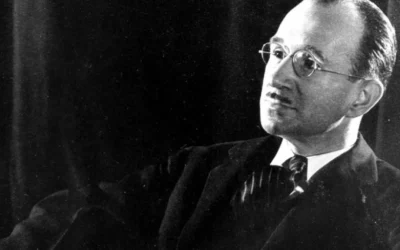
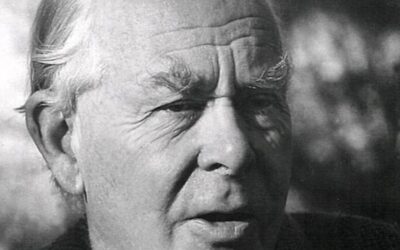
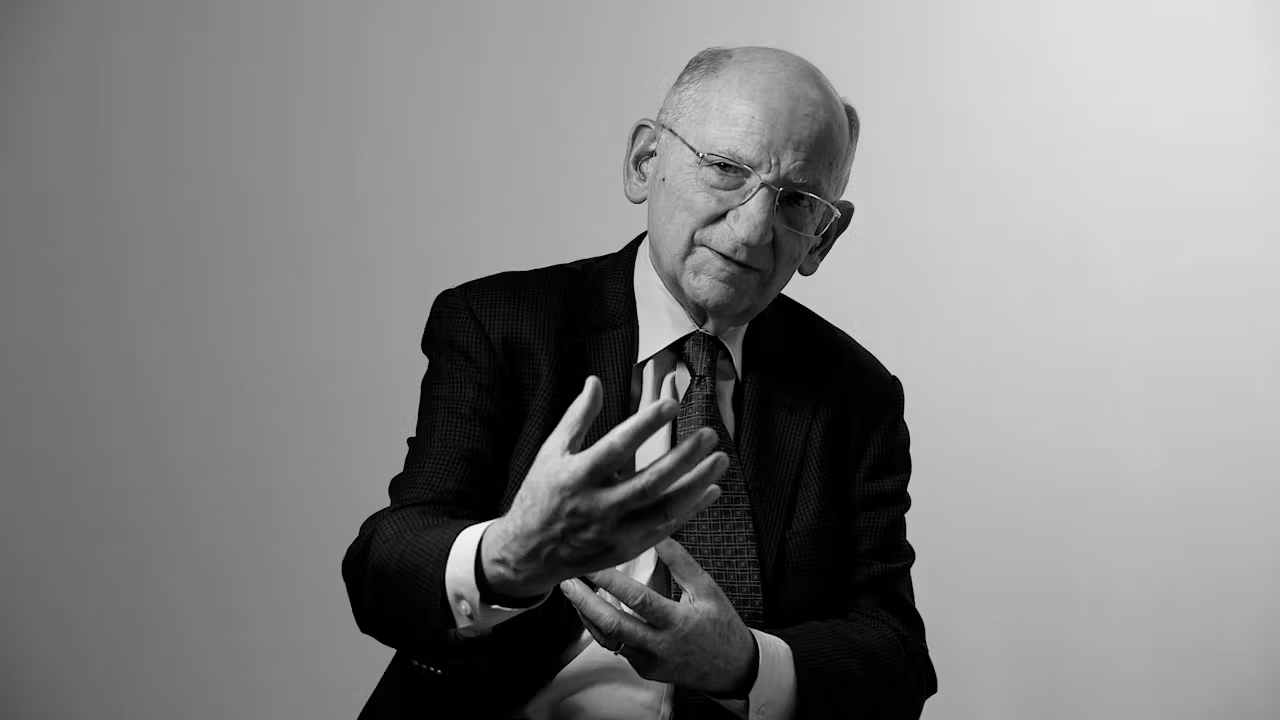
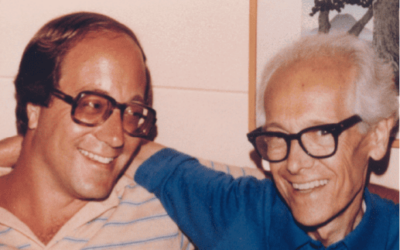
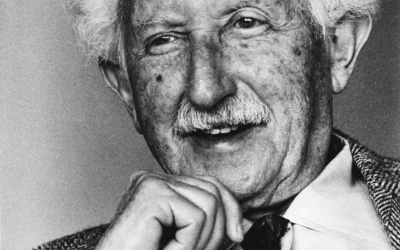
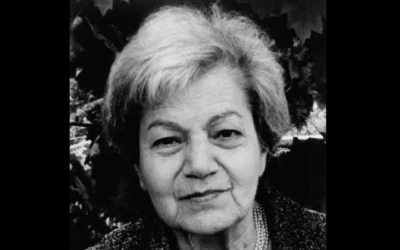
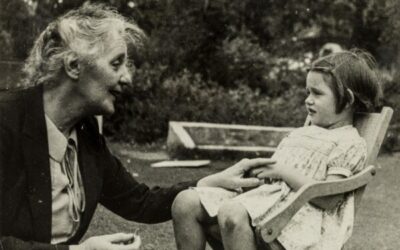
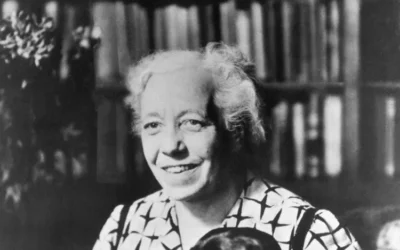
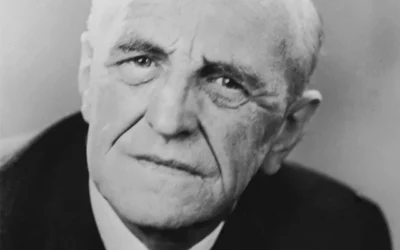

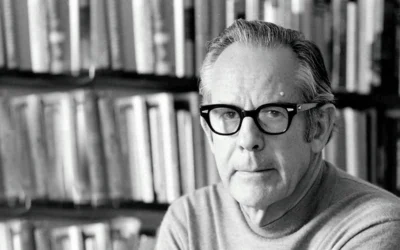
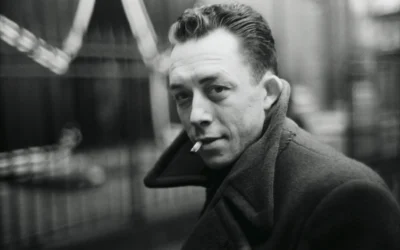
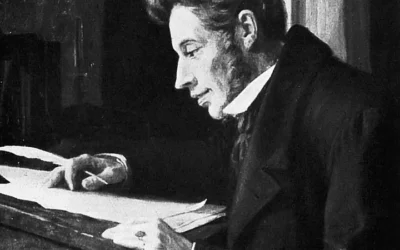
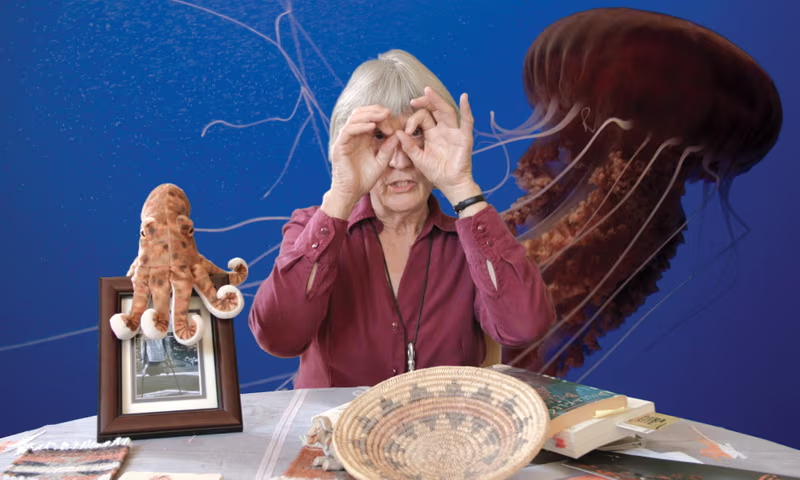
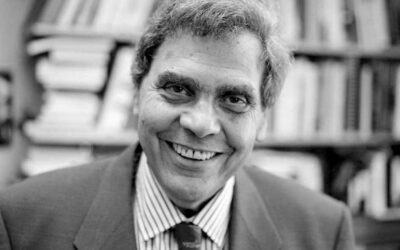
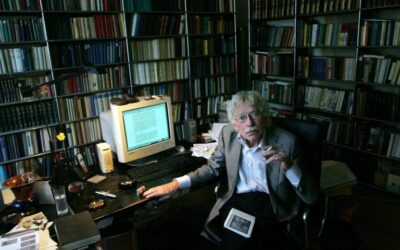

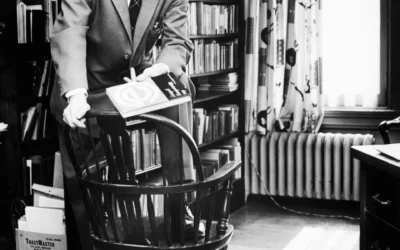
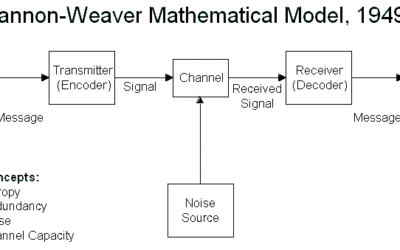
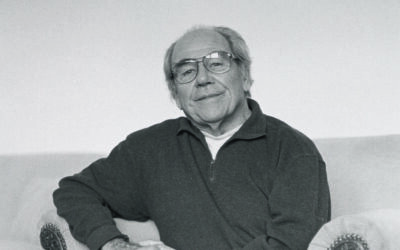
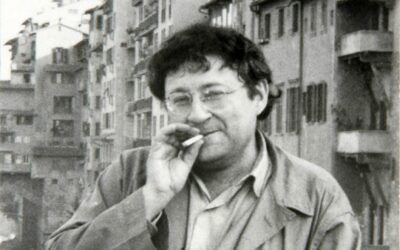
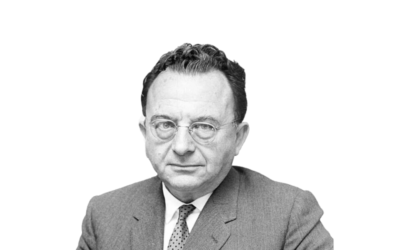
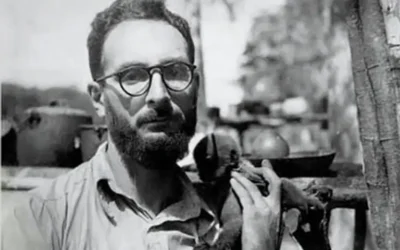

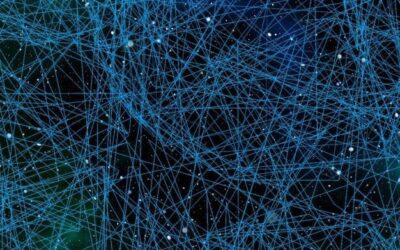
0 Comments